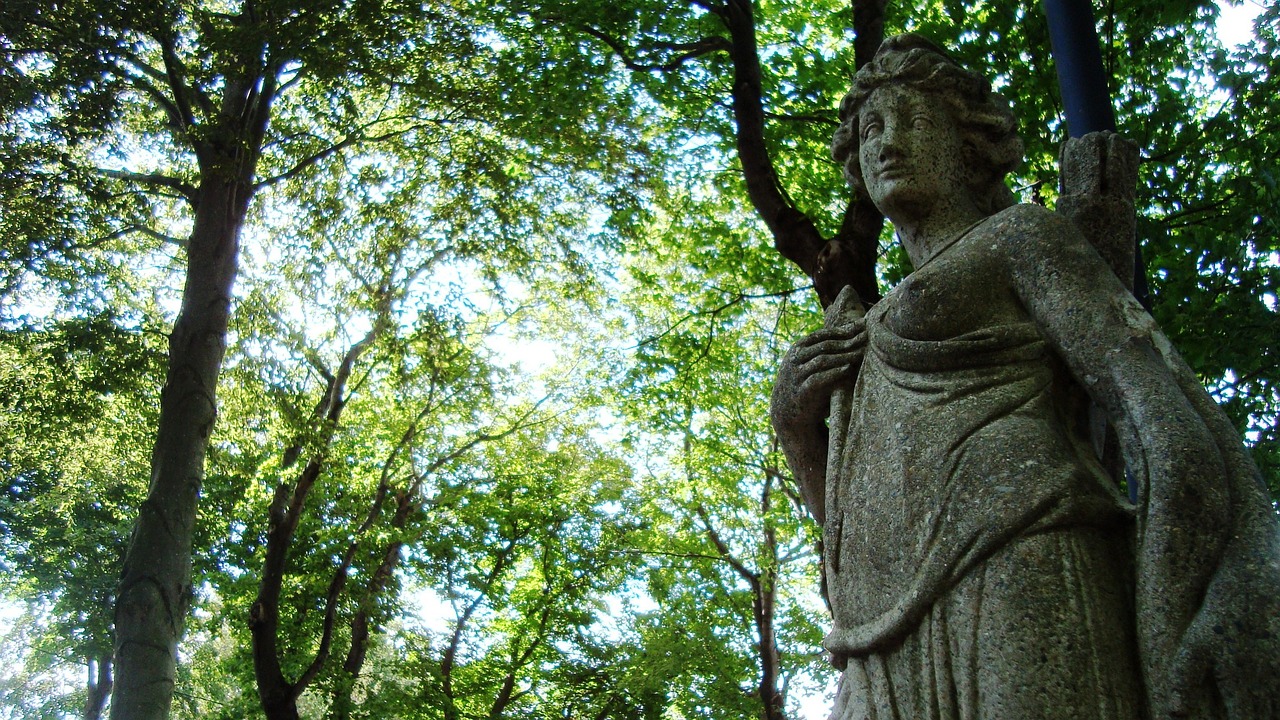Greek mythology encompasses the collection of narratives involving deities, heroes, and ancient Greeks’ rituals, reflecting their worldview and beliefs. Though many of these myths contained elements of fiction, distinguished philosophers like Plato critiqued them in the 5th–4th centuries BCE, revealing a tension between popular belief and critical examination. Despite this, the tales were widely regarded as factual by common people, contributing significantly to Greek culture. Moreover, Greek mythology has immensely shaped Western arts and literature throughout history, inspiring creators across different eras to explore these age-old themes.
Major Sources of Myths
The works of Homer, particularly the “Iliad” and the “Odyssey,” stand as foundational texts of Greek mythology. The ancient historian Herodotus noted how figures such as Homer and Hesiod endowed the Olympian gods with their recognizable attributes. The “Iliad” introduces gods like Apollo, and it assumes that its audience possesses a foundational understanding of earlier myths. While modern interpretations might view these myths as mere storytelling, they were taken seriously by intellectuals, leading some to allegorize their meanings.
Hesiod’s contributions, especially in the “Theogony” (c. 700 BCE), offer critical insights into the origins of the gods. These narratives are intertwined with traditional tales and explanations of natural phenomena. Similarly, his other poem, “Works and Days,” serves as a practical guide for living, emphasizing righteousness as a path to success in a hazardous world. Together, the two works display a relationship that is deeper than initially apparent, informing both moral understanding and theological foundations.
Other literary works, including fragmentary post-Homeric epics, expanded on the stories of the Trojan War. The “Homeric Hymns,” though shorter, also relay significant religious themes. Lyric poets and classical tragedians like Aeschylus, Sophocles, and Euripides imbued their works with a rich tapestry of mythology, preserving diverse traditions and accounts.
Evolution of Greek Mythology
In Hellenistic times, figures such as Callimachus documented obscure myths, while mythographers like Euhemerus proposed theories suggesting that gods were once human, a perspective that is known as Euhemerism. Poets such as Apollonius of Rhodes meticulously chronicled epic adventures like the quest for the Golden Fleece. During the Roman Empire, various scholars contributed to the canon of Greek mythology, with works from authors such as Strabo, pseudo-Apollodorus, Plutarch, and Pausanias, helping shape the understanding of these myths in Latin.
The archaeological advancements made in the 19th and 20th centuries, particularly by Heinrich Schliemann and Sir Arthur Evans, unearthed significant remnants of earlier civilizations like Mycenae and Minoan Crete. These discoveries have been pivotal in unveiling how myths and rituals developed within ancient Greek society. Although much of the evidence from these sites lacked comprehensive documentation due to the limitations of the Linear B script primarily being used for inventory purposes, material culture such as 8th-century pottery illustrated myths like those of Heracles and the Trojan cycle, albeit often without clear inscriptions for further explanation.
In subsequent periods, namely the Archaic, Classical, and Hellenistic eras, an assortment of mythological scenes surfaced, enhancing the literary narrative and enriching the understanding of these age-old stories.



